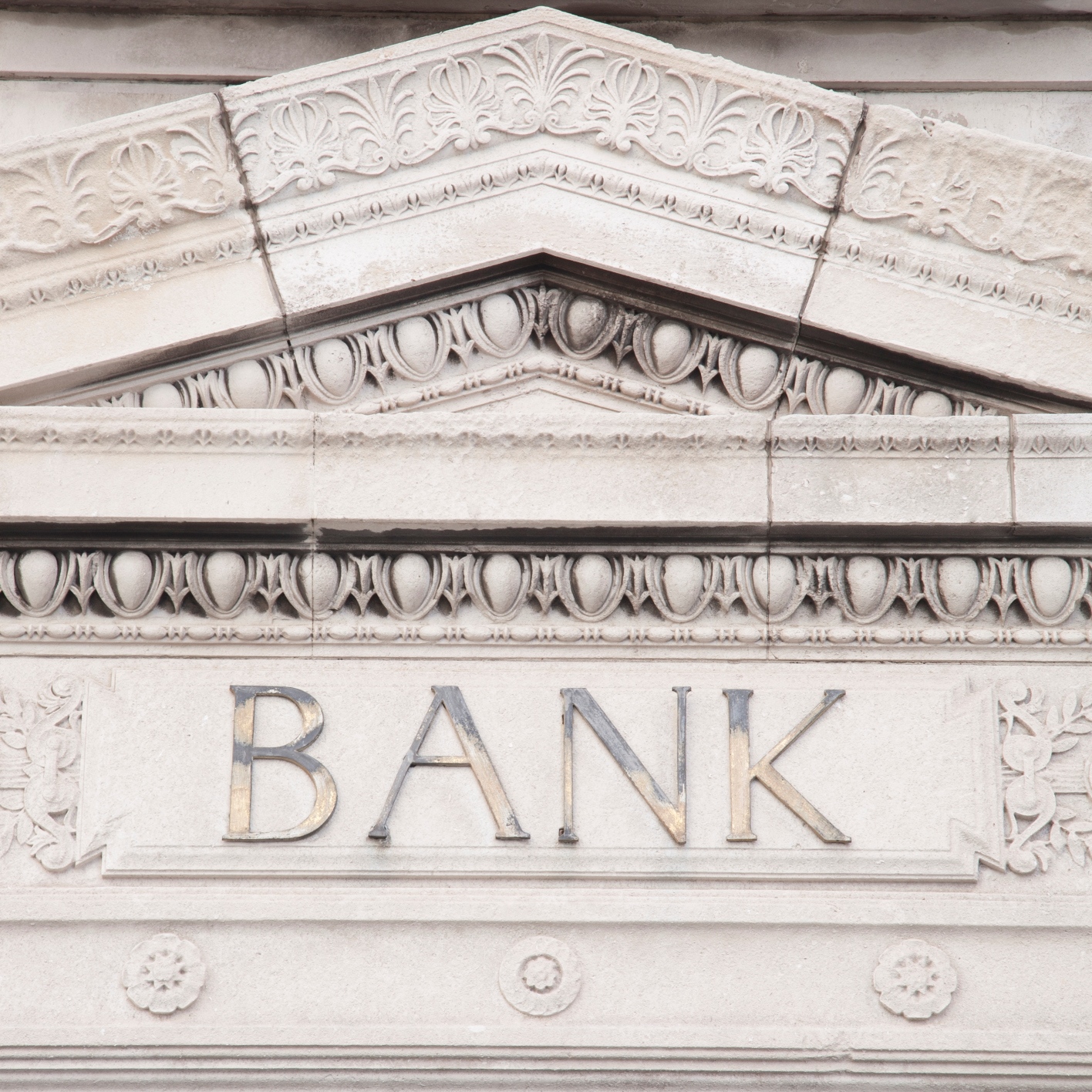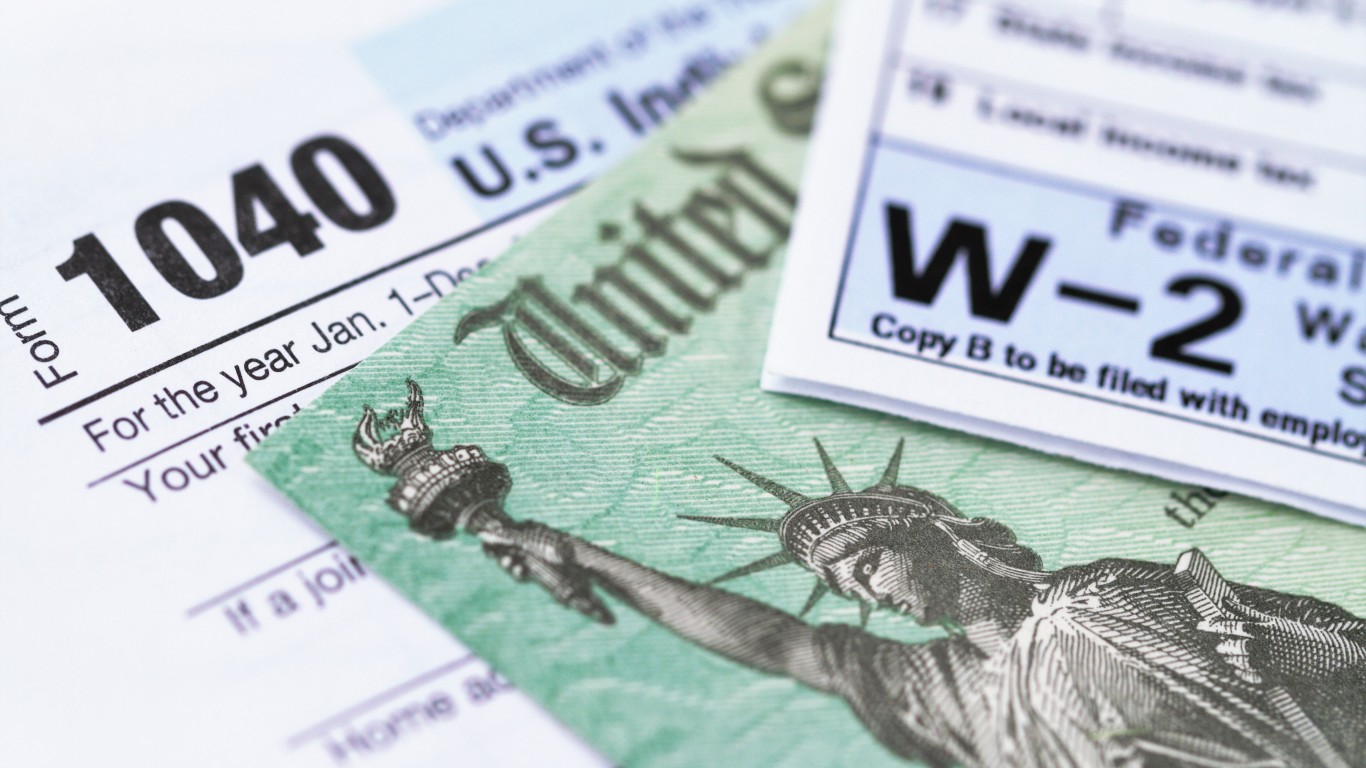The financial sector was a major part of the Great Recession, and it has been a major part of the recovery and raging bull market since then. Generally speaking, the major financial institutions in the United States are a good barometer of the current state of U.S. markets.
So when short sellers make a play against these major banks, they are effectively betting for a downturn. Conversely, when they back off they might be expecting a surge. Granted, some plays are directly against individual companies, like we saw with Wells Fargo early in 2017.
The February 28 short interest data have been compared with the previous figures, and short interest in most of these selected bank stocks decreased.
Bank of America Corp. (NYSE: BAC) saw its short interest fall to 128.70 million shares. The previous level was 140.76 million. Shares were last seen trading at $32.95, in a 52-week range of $22.07 to $33.05.
The number of JPMorgan Chase & Co. (NYSE: JPM) shares short rose to 31.38 million from the previous level of 30.45 million. Shares recently traded at $118.44, in a 52-week range of $81.64 to $119.33.
Citigroup Inc. (NYSE: C) short interest decreased to 22.04 million from the previous level of 25.38 million. Shares were trading at $76.39, in a 52-week range of $56.55 to $80.70.
Wells Fargo & Co. (NYSE: WFC) short interest shrank to 37.52 million shares from the previous reading of 39.78 million. Shares were trading at $58.47, within a 52-week range of $49.27 to $66.31.
Short interest in Goldman Sachs Group Inc. (NYSE: GS) increased to 5.08 million shares from the previous 4.93 million. The stock recently traded at $274.79, within a 52-week range of $209.62 to $273.79.
Morgan Stanley (NYSE: MS) short interest for this settlement date decreased only slightly to 12.26 million shares from the previous 12.28 million. Shares were changing hands at $58.91, in a 52-week range of $40.06 to $58.94.
100 Million Americans Are Missing This Crucial Retirement Tool
The thought of burdening your family with a financial disaster is most Americans’ nightmare. However, recent studies show that over 100 million Americans still don’t have proper life insurance in the event they pass away.
Life insurance can bring peace of mind – ensuring your loved ones are safeguarded against unforeseen expenses and debts. With premiums often lower than expected and a variety of plans tailored to different life stages and health conditions, securing a policy is more accessible than ever.
A quick, no-obligation quote can provide valuable insight into what’s available and what might best suit your family’s needs. Life insurance is a simple step you can take today to help secure peace of mind for your loved ones tomorrow.
Click here to learn how to get a quote in just a few minutes.
Thank you for reading! Have some feedback for us?
Contact the 24/7 Wall St. editorial team.



